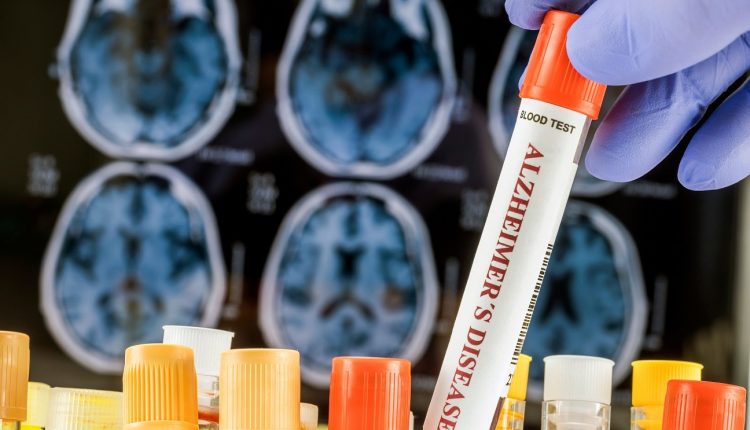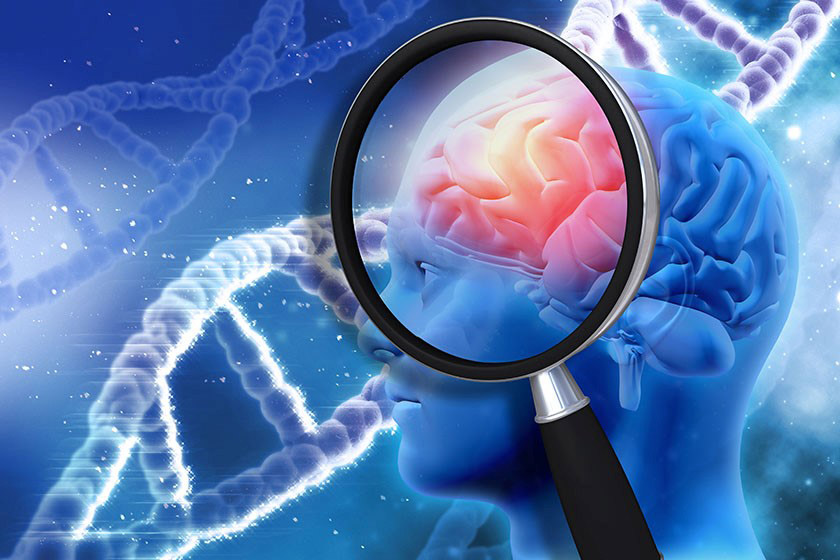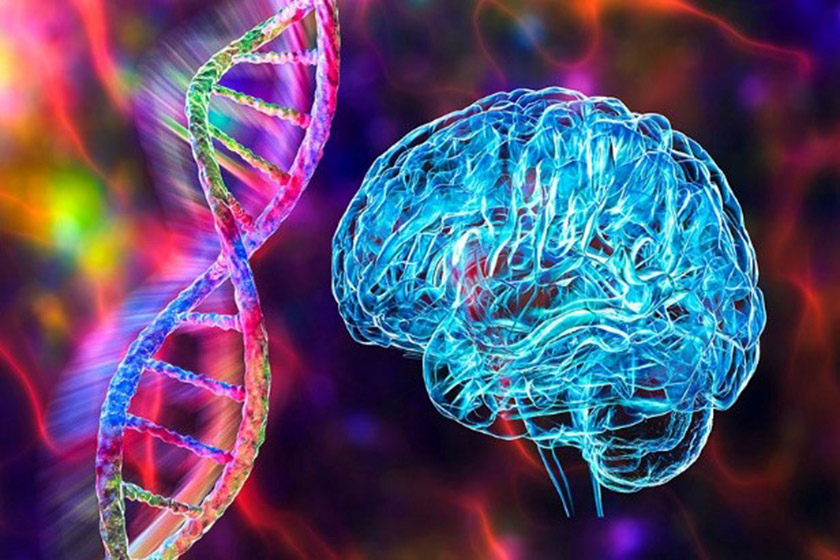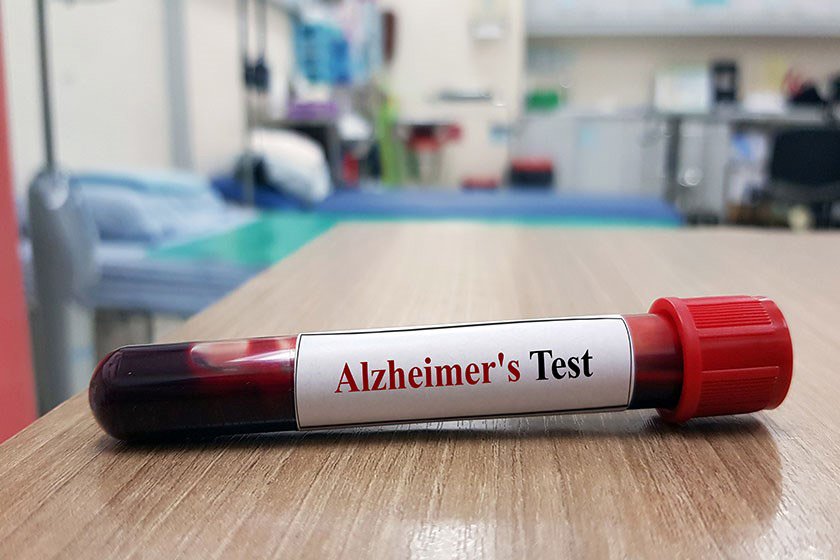
Is Alzheimer’s Genetic? Unraveling the Complex Puzzle
Alzheimer’s disease, a relentless and progressively debilitating neurodegenerative condition, has long been a focal point of scientific investigation. While age is the most prominent risk factor, the influence of genetics cannot be overlooked in the development of this condition. This article will take a comprehensive look at the intricate relationship between genetics and Alzheimer’s disease, as well as the genetic and non-genetic factors that contribute to its onset.

Contents
Genetic Factors: The Role of Inherited Risk
-
Early-Onset Familial Alzheimer’s Disease (EOFAD): The Strong Genetic Connection
Early-onset familial Alzheimer’s disease (EOFAD) represents a rare form of Alzheimer’s that is inextricably linked with genetic factors. Within families with a history of this condition, specific gene mutations, such as those within the APP, PSEN1, and PSEN2 genes, have been identified. Individuals who carry these mutations have a significantly heightened risk of developing Alzheimer’s, often at a younger age, highlighting the potent influence of genetics in certain cases.
The discovery of these genetic mutations has not only deepened our understanding of Alzheimer’s disease but has also paved the way for targeted research and potential interventions to manage or delay its progression.
-
Late-Onset Alzheimer’s Disease (LOAD): The Complexity of Genetic Influence
Late-onset Alzheimer’s disease (LOAD) is the most prevalent form, typically affecting individuals after the age of 65. Genetics also play a role in LOAD, although the genetic landscape is more intricate. The APOE (apolipoprotein E) gene stands out as the primary genetic factor associated with an increased risk. However, it is important to note that the presence of the ε4 allele does not guarantee the development of Alzheimer’s, and conversely, many individuals with Alzheimer’s do not carry this allele.
The genes in late-onset Alzheimer’s (LOAD) are quite complex. Besides the APOE gene, there are other genes like CLU, CR1, and PICALM that also play a part. These genes may increase the risk of Alzheimer’s, but we’re still studying how they all work together.

Non-Genetic Factors: The Multifaceted Contributors
While genetics undoubtedly play a crucial role in Alzheimer’s disease, a multitude of non-genetic factors contributes to the disease’s development, including:
-
Age: The Predominant Risk Factor
Age is unequivocally the single most significant risk factor for Alzheimer’s disease. As individuals grow older, the likelihood of developing the condition increases exponentially. While early-onset Alzheimer’s does occur, the majority of cases are late-onset, typically affecting individuals in their later years.
-
Lifestyle Factors: The Impact of Choices
Lifestyle choices significantly influence the risk of developing Alzheimer’s disease. A sedentary lifestyle, an unhealthy diet, smoking, and excessive alcohol consumption are all associated with an elevated risk. These lifestyle factors can contribute to the development of underlying conditions, such as obesity and diabetes, which are themselves risk factors for Alzheimer’s.
Conversely, adopting a healthy and active lifestyle, including regular physical exercise, a balanced diet, and avoiding smoking and excessive alcohol consumption, can help reduce the risk of Alzheimer’s disease.
-
Cardiovascular Health: The Brain-Heart Connection
Maintaining good cardiovascular health is not only vital for the heart but also for the brain. High blood pressure, high cholesterol, and diabetes have links to an increased risk of Alzheimer’s disease. Heart and vessel health have a close connection to cognitive well-being. Managing these conditions can lower Alzheimer’s risk.
-
Environmental Factors and Head Injuries: The Lesser-Known Contributors
Researchers have examined the role of exposure to environmental toxins in Alzheimer’s. Though evidence isn’t conclusive, it highlights the need for further research into environmental factors and the disease.
Head injuries, especially those resulting in concussions, have garnered attention for their potential link to Alzheimer’s disease. Traumatic brain injuries can result in lasting harm and raise the risk of cognitive decline, stressing the significance of brain health and safety.

Final Words
Alzheimer’s disease is a complex and multifaceted condition with both genetic and non-genetic factors playing pivotal roles in its development. Genetics can raise Alzheimer’s risk, but they aren’t the sole factors. A family history or APOE ε4 doesn’t guarantee the disease.
Lifestyle choices, overall health, and the environment also exert a substantial influence on Alzheimer’s risk. Research into the genetics of Alzheimer’s disease is continuously expanding, offering hope for potential interventions and treatments.
The evolving understanding of Alzheimer’s risk factors highlights the importance of tailored approaches to its prevention and management. Those worried about genetic risk can seek guidance from healthcare professionals or genetic counselors. Ongoing research offers hope for improved Alzheimer’s prevention and treatment strategies.